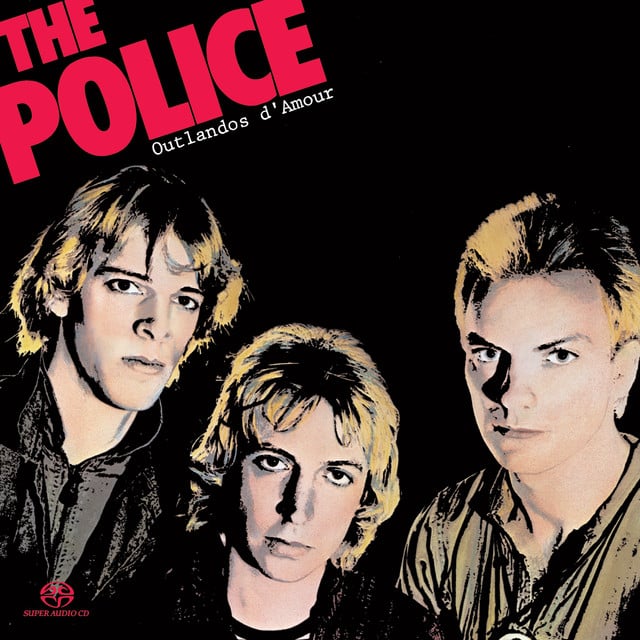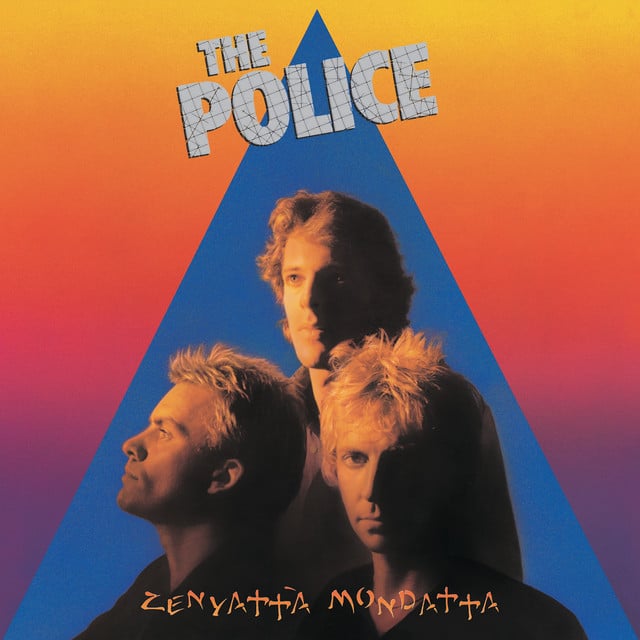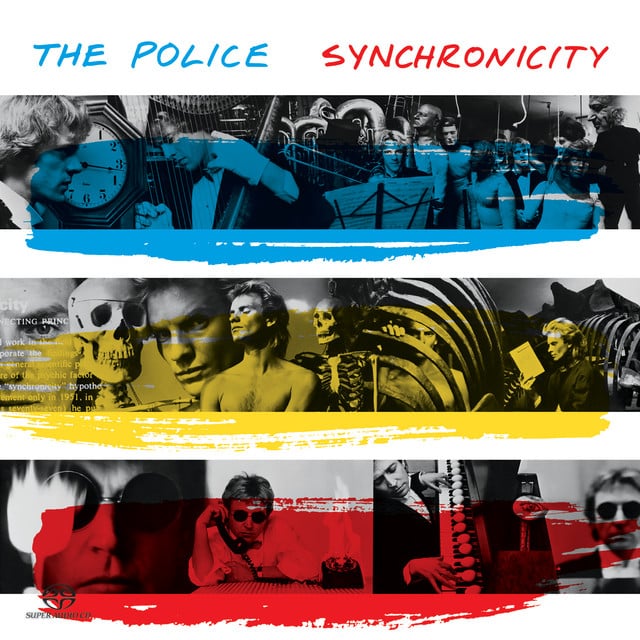Released: 1978
“Roxanne” by The Police is a song draped in both concern and raw emotion. It’s an appeal to a woman caught in the web of prostitution, urging her to see beyond the life she’s entrenched in. At its core, the song is a plea for change, wrapped in a mix of love and desperation.
The chorus, “You don’t have to put on the red light,” repeats like a mantra throughout the song. The “red light” is a direct reference to the red lights that traditionally signal the presence of prostitution. Here, it’s symbolic of Roxanne’s occupation, a visual cue for her profession. The repetition is not just a stylistic choice; it’s a desperate plea, an insistence that there’s a way out, a life beyond the streets. It’s the voice of someone who sees the worth in Roxanne beyond her profession, challenging societal norms that might otherwise define her.
The verses of “Roxanne” paint a vivid picture of the dichotomy between the love the narrator feels for Roxanne and the reality of her life. “You don’t have to sell your body to the night” juxtaposes the emotional value the speaker sees in Roxanne against the commercial transaction her night becomes. This line, coupled with “I wouldn’t talk down to you,” highlights the respect the speaker holds for her, despite societal taboos. It’s a recognition of her humanity in a world that often overlooks it.
In a climactic confession, the lyrics shift to express a personal plea, “I loved you since I knew you… I won’t share you with another boy.” It unveils a layer of personal stakes for the speaker, moving beyond societal commentary into the domain of personal love and jealousy. Yet, even within this possessiveness, there’s an underlying layer of concern – “it’s a bad way” – a realization of the harmful nature of her lifestyle not just morally but on a human level.
Overall, “Roxanne” by The Police is more than a song; it’s a narrative steeped in the complexities of love, societal judgment, and the hope for redemption. It challenges the listener to see beyond the surface, to understand the humanity within individuals society too easily dismisses. In doing so, it stands as a timeless piece, inviting endless interpretations while resonating with a simple, universal plea for compassion and change.






